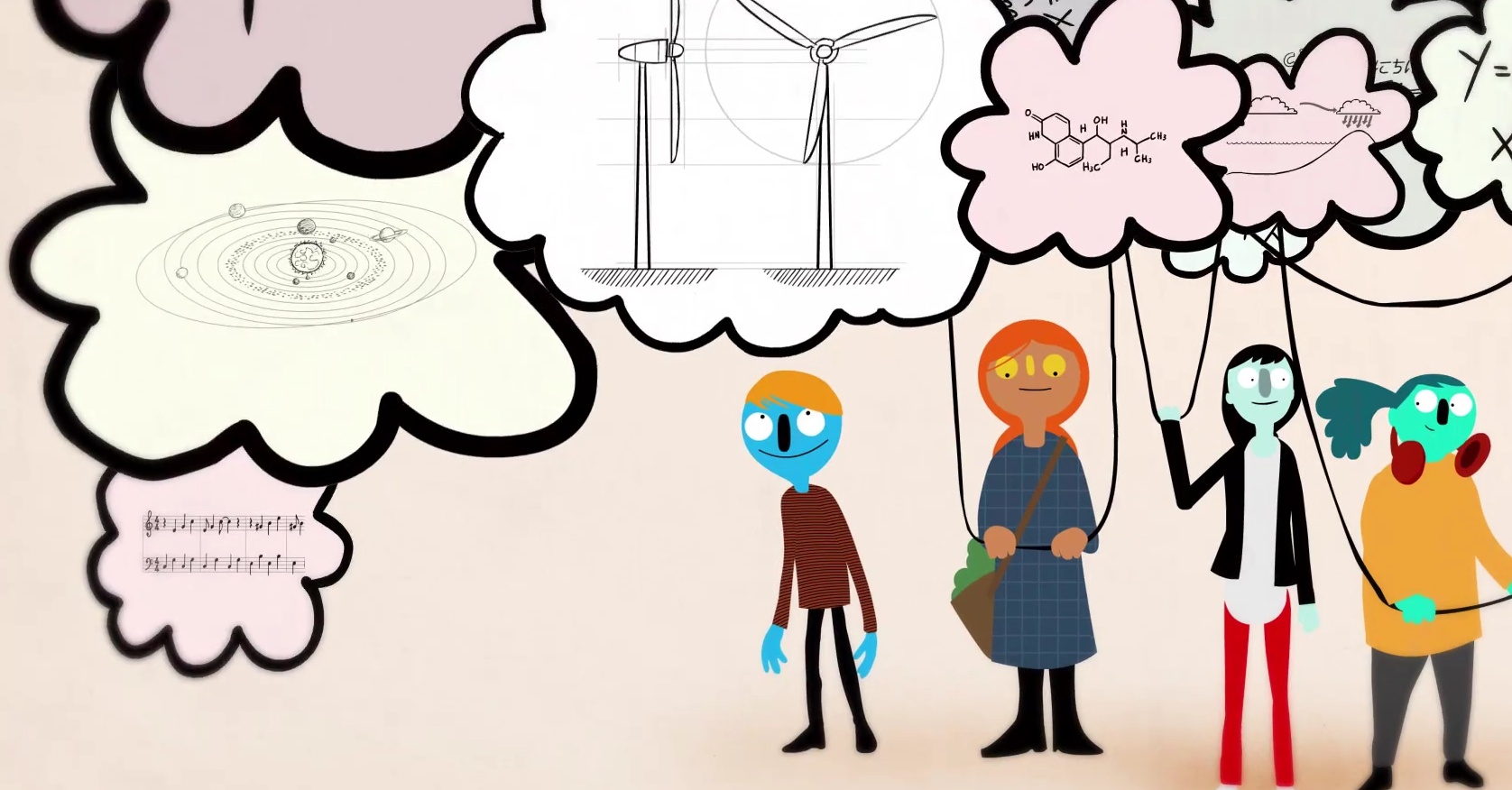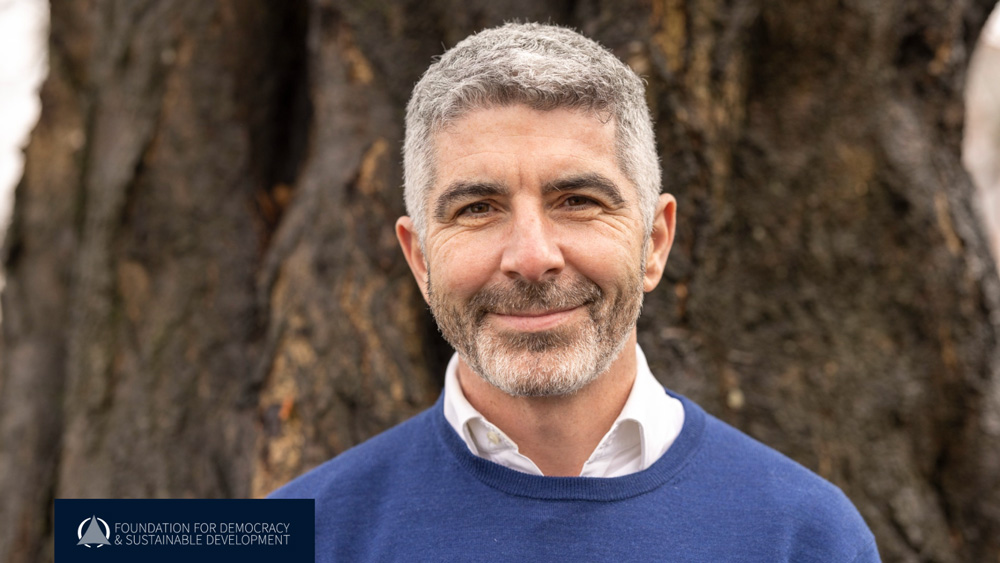“What we need are conversations about the future we want,” says the FDSD in response to Brexit, citing the Wales We Want conversation as precedent. As a new FDSD Trustee and the former Commissioner for Sustainable Futures in charge of leading that conversation, which played a key role in shaping the Wellbeing of Future Generations (Wales) Act, I have been asked to share some learning.
The year-long national conversation started in February 2014, with Michael Sheen providing both stardust and inspiration.
“This is an opportunity for us as a nation to speak our truth, to describe our experiences, to be clear about what is important to us and to lay out our hopes for where we want to be heading, to tell our story.”
-Michael Sheen speaking at the launch event
Set in the context of the UN’s global conversation on the World We Want, which led to the establishment of the UN Sustainable Development Goals, our own process of developing the legislation recognised our duty to promote sustainable development, established in the Government of Wales Act.
The national conversation directly engaged more than 7,000 people, working through communities of place such as the Llanelli We Want, and communities of interest such as Young Farmers and the Women’s Institute. It had a strong online presence and piloted a range of engagement models. The conversation was informed by a picture of the ‘Wales we have’ and the trends that would impact future generations.
The results of the conversation were distilled into seven key foundations for the wellbeing of future generations:
- Children need to be given the best start in life from very early years.
- Future generations need thriving communities built on a strong sense of place.
- Living within global environmental limits, managing our resources efficiently and valuing our environment is critical.
- Investing in growing our local economy is essential for the well-being of future generations.
- The wellbeing of all depends on reducing inequality and placing greater value on diversity.
- Greater engagement in the democratic process, a stronger citizen voice and active participation in decision-making is fundamental for the wellbeing of future generations.
- Celebrating success and valuing our heritage, culture and language will strengthen our identity for future generations.
Looking back now and reflecting on current events, probably the most significant conclusion from the conversation was that people felt disconnected from the decision-makers that affected their daily lives. Decisions felt removed, imposed from the top down and separated from outcomes.
Those who had been engaged reported an increased sense of fatigue and frustration around the effectiveness of current consultative exercises, adding that by the time they had been approached for their views most of the key decisions had already been made, rendering the consultation no more than a ‘tick-box’ exercise. This sense of disempowerment often became stronger the greater the distance from Cardiff, while young people in particular felt isolated from government processes of decision-making.
In short, there is still a hugely long way to go in order to truly engage and empower people and communities who feel that their voice has no influence, and perceive a ‘them and us’ relationship with government initiatives. The importance of effective involvement and engagement at all levels is necessary in overcoming a history of ineffective consultation exercises and short-term, top-down projects that parachute in and disappear just as quickly. And yet there is a strong sense of communities wanting to be part of the solution.
That communities across Wales voted to leave the EU despite being net beneficiaries of EU funds was a further and dramatic example of this disconnection. A paucity of involvement and local ownership of top-down EU-funded interventions left voters with very little reason but to take an opportunity to “poke a remote Westminster (and Cardiff) elite in the eye”.
Critically, the national conversation was not a one-off exercise. It played an important role in shaping the Wellbeing of Future Generations (Wales) Act that became law this April, setting out a framework of seven common national goals, underpinned by indicators of progress, and a set of common operating principles that put involvement at the heart of sustainable development.
The Act also introduced a new role, the Future Generations Commissioner. Sophie Howe as the new Commissioner has put involvement at the heart of her programme, carrying forward the principles of the conversation on the Wales we Want. She will not only be a voice for future generations, but a voice to ensure that communities have the opportunity to shape their own future.
When the Act received Royal Assent a senior UN official said, “What Wales is doing today the world will do tomorrow”. Perhaps the least we can hope for is to help shape post-Brexit Britain by sharing our learning. It’s a task made more difficult by the demise of bodies such as the UK Sustainable Development Commission. Now more than ever, civil society organisations that can stimulate local community conversations and connect across regions and nations will have to step up.




